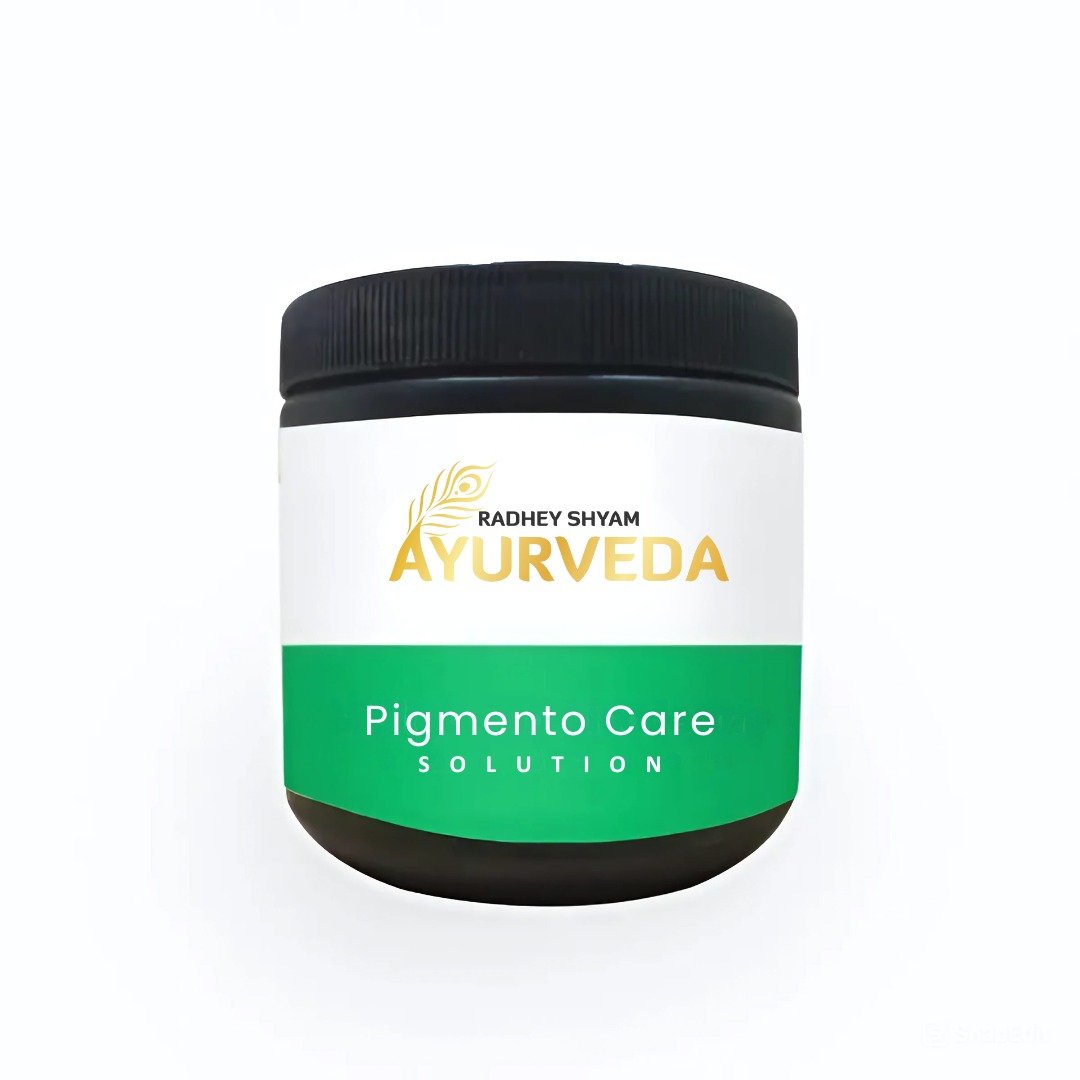Understanding Pigmentation: Causes and Types
Pigmentation disorders encompass a variety of conditions that affect the coloration of the skin, resulting in either an excess or lack of pigment. The most prevalent types of pigmentation include hyperpigmentation, melasma, and post-inflammatory hyperpigmentation. Each of these conditions has distinct characteristics and underlying causes that contribute to their development.
Hyperpigmentation is characterized by the darkening of the skin in specific areas, commonly triggered by excessive UV exposure, which stimulates melanin production, the pigment responsible for skin color. Environmental factors, such as pollution and sun exposure, play a crucial role in this process. Melasma, on the other hand, is often associated with hormonal changes, particularly during pregnancy or with the use of contraceptives. This condition manifests as brown or grey-brown patches mainly on the face, particularly on the cheeks, forehead, and upper lip.
Post-inflammatory hyperpigmentation occurs as a result of skin trauma, such as acne, injuries, or eczema. Following the healing process, the skin may produce excess melanin, leading to dark spots or patches. Factors contributing to these pigmentation conditions involve a combination of genetics, environmental influences, and lifestyle choices. Prolonged exposure to the sun without protection, hormonal fluctuations, and inflammation from various skin conditions can exacerbate the problem.
Beyond the physical implications, pigmentation disorders can significantly impact individuals’ emotional well-being and self-esteem. Many individuals experience feelings of self-consciousness or social withdrawal due to their skin appearance. Addressing pigmentation disorders is not merely a cosmetic concern, but a substantial aspect of overall mental health and self-acceptance. Understanding these conditions is essential for effective treatments and management, including those offered by Ayurvedic medicine.
Ayurvedic Remedies for Pigmentation: Natural Solutions
Ayurvedic medicine offers a holistic approach to skin care, particularly in addressing issues like pigmentation. This system emphasizes natural remedies derived from herbs and plant extracts, which can enhance skin clarity and tone. Key ingredients such as turmeric, sandalwood, and aloe vera are notable for their beneficial properties in combating pigmentation.
Turmeric is renowned for its anti-inflammatory and antioxidant qualities. The active compound curcumin helps to brighten the skin and reduce melanin production. Creating a simple face mask with turmeric powder, honey, and yogurt can effectively diminish dark spots and enhance the skin’s overall radiance. Apply this mixture twice a week for optimal results.
Sandalwood is another powerful ally in the fight against pigmentation. Its cooling properties make it particularly effective for soothing the skin while reducing discoloration. A paste made from sandalwood powder and rose water can serve as a nourishing mask. Regular application can lead to clearer and more even-toned skin, reflecting the principles of Ayurvedic care.
Aloe vera, celebrated for its soothing and hydrating effects, can also play a significant role in reducing pigmentation. It contains compounds that promote cell turnover and heal damaged skin. For a DIY solution, consider blending fresh aloe vera gel with a few drops of lemon juice, which may further enhance its brightening effects. This mixture can be gently massaged onto the skin, providing both moisture and treatment.
In addition to topical applications, Ayurveda emphasizes the importance of dietary and lifestyle choices in maintaining skin health. Incorporating more antioxidant-rich fruits and vegetables into your diet, along with staying hydrated, are essential practices. Reducing stress through yoga and meditation can also contribute to improved skin conditions. Overall, a balanced lifestyle, coupled with the right herbal remedies, can significantly improve pigmentation and support healthy, glowing skin.





Reviews
There are no reviews yet.